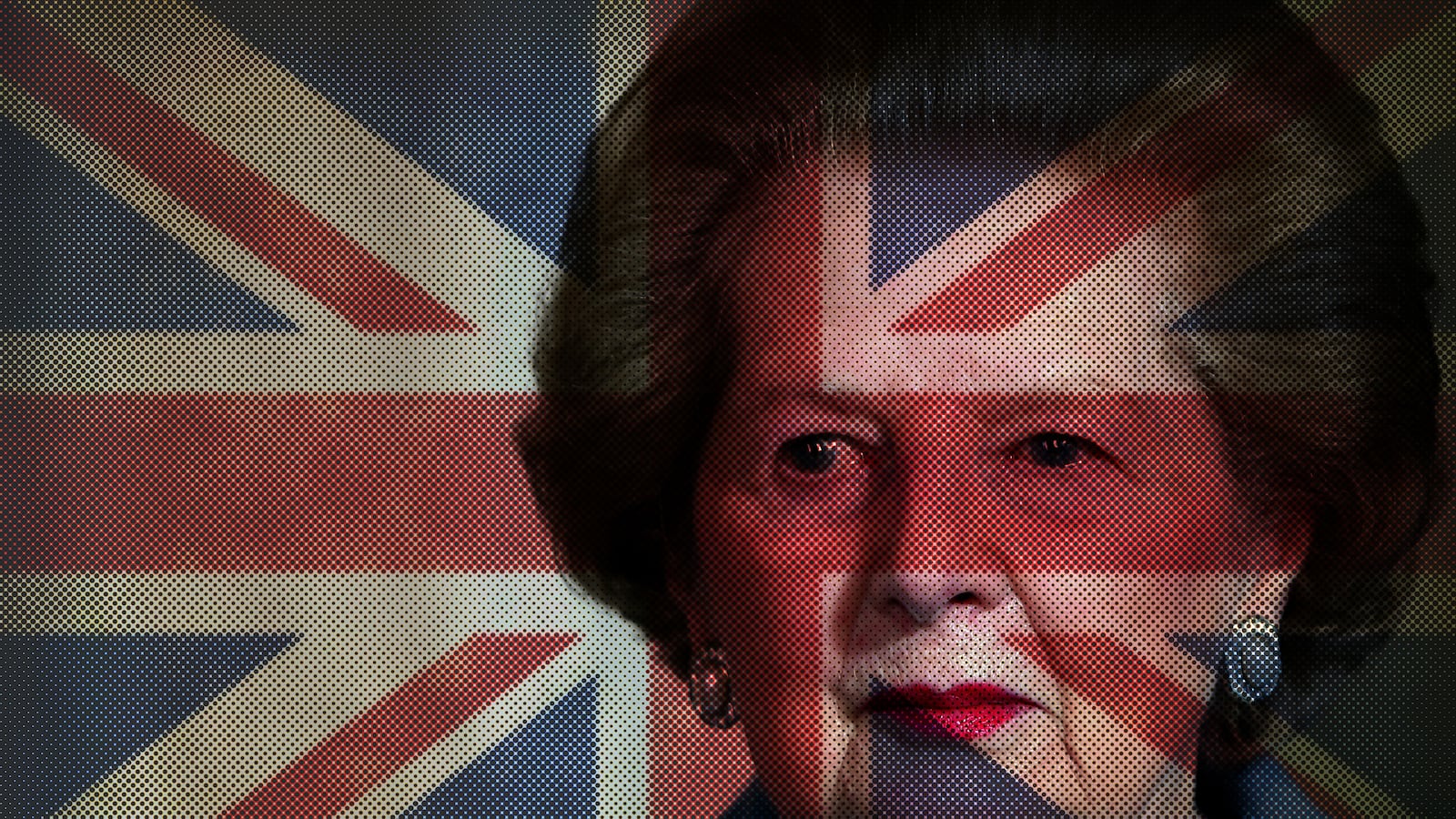LONDON — The head of Britain’s MI5 domestic intelligence service told the Thatcher government that a pedophile MP was operating in the House of Commons but suggested a plot to cover up his “penchant for small boys” in order to avoid political embarrassment.
It was a plan the government was only too happy to accept.
Proof of the extraordinary cover-up in the 1980s was kept hidden in the Cabinet Office vaults for more than a quarter of a century despite an official inquiry last year that was supposed to uncover government documents that included any evidence of pedophiles in Westminster.
Details of a written warning from Sir Antony Duff, the director general of MI5, to Prime Minister Margaret Thatcher’s Cabinet Secretary emerged on Wednesday night after the government slipped it online as parliament closed for the summer. (PDF) The letter dated 11/4/86 explained that two sources had identified an MP as a practicing pedophile. The MP was questioned about the allegations, but the case was dropped when he denied it.
The head of MI5 wrote: “At the present stage… the risks of political embarrassment to the Government is rather greater than the security danger.”
Peter Wanless and Richard Whittam, who led last year’s inquiry into “lost” documents, seemed stunned by the callous nature of the note. “The risk to children is not considered at all,” they wrote. They have passed the note to police and the official child sex abuse inquiry along with a further collection of documents, which were also missed when they asked government departments to disclose any information in their archives related to allegations of a VIP pedophile ring operating at the heart of the British establishment.
One of the crucial files in question, which relates to the activities of former Conservative minister William van Straubenzee, had been marked for destruction by the government before officials at the National Archives pointed out its importance.
Other documents which were missed from the original inquiry included papers that named the former diplomat and intelligence operative Sir Peter Hayman, Thatcher’s former parliamentary secretary Sir Peter Morrison, and her protégée Leon Brittan, whom she appointed to run Britain’s law enforcement and security services.
The content of these documents has not yet been disclosed. In the addendum to their original report, released last night, Wanless and Whittam explained their importance.
“There were a number of references across the papers we saw that reinforced the observation… that issues of crimes against children, particularly the rights of the complainant, were given considerably less serious consideration than would be expected today,” they wrote. “To give one striking example, in response to claims from two sources that a named Member of Parliament ‘has a penchant for small boys’ matters conclude with acceptance of his word that he does not.”
Amid growing public outrage that crimes against children were committed and then covered up by senior politicians, Wanless and Whittam expressed their frustration at what looked like ongoing attempts by government officials to stifle the investigation: “It is essential that the public have confidence in the searches that were undertaken, not least because we had to rely on the efficiency and integrity of those who sought material on our behalf. The emergence of these papers only after our Review had completed is not helpful in that regard.”
The Cabinet Office insists that none of these documents were deliberately hidden from the inquiry.
One of the new documents includes mention of the Kincora Boys’ Home, an orphanage in Northern Ireland, where it is alleged that boys were abused with the knowledge of Britain’s security services. At least 29 boys were abused at the home between the late 1950s and the early 1980s. In 1981, three senior care staff were jailed for their part in the abuse. It is, however, alleged that MI6 knew about ongoing systemic abuse at the institution but chose to allow it to continue because it gave them leverage against Northern Irish politicians who were abusing the boys. Victims have alleged that senior figures, including politicians based in London, traveled to the institution to abuse boys, and claimed that they were trafficked to other parts of Britain for VIP pedophile parties.





